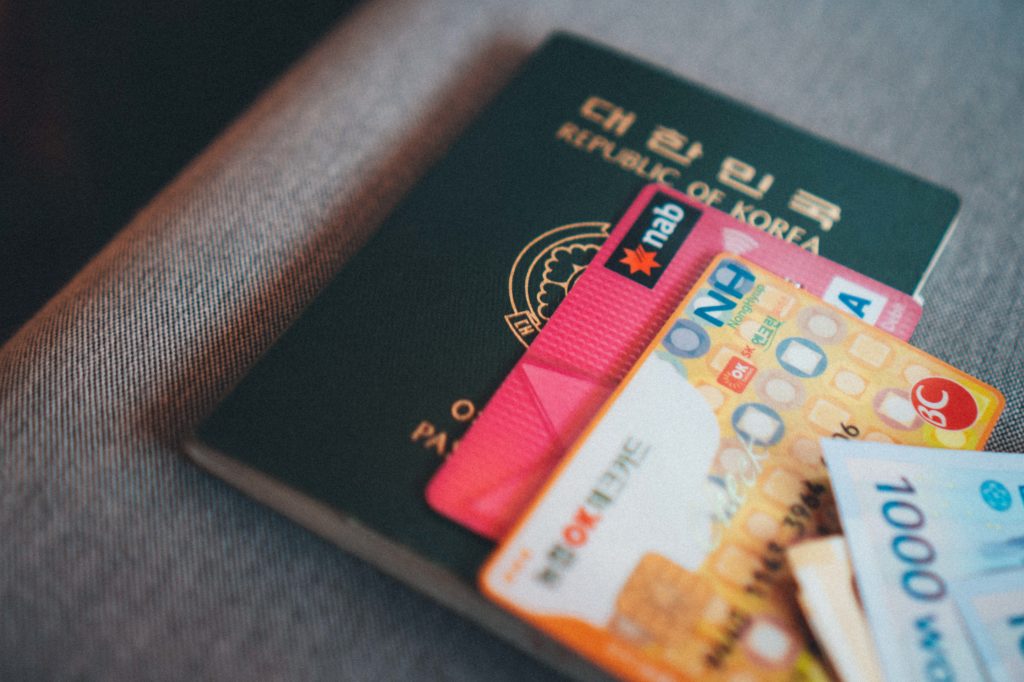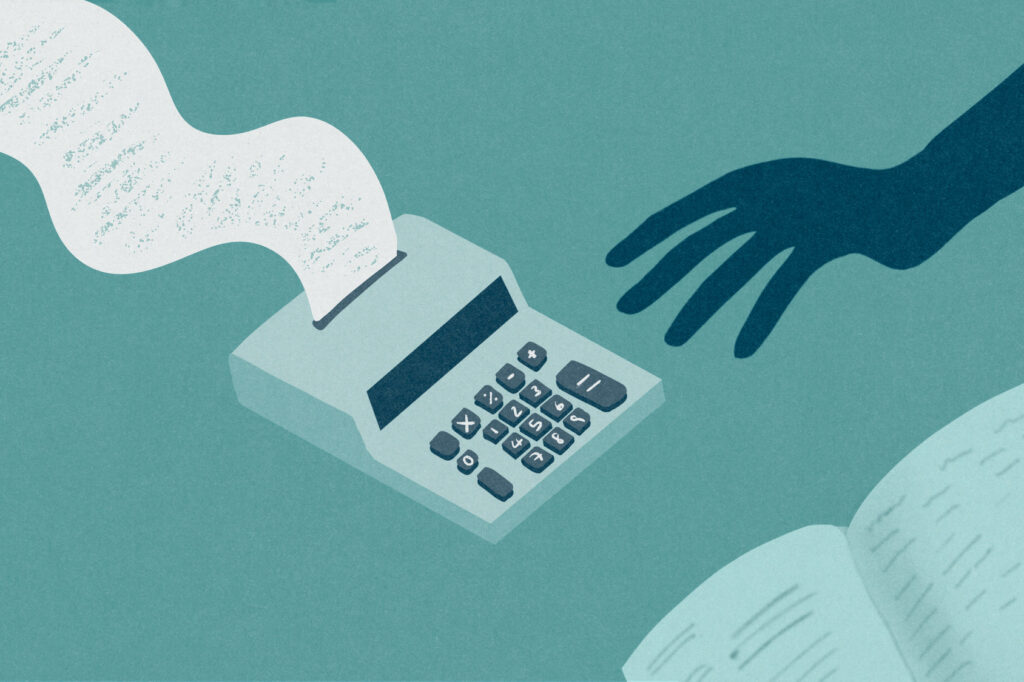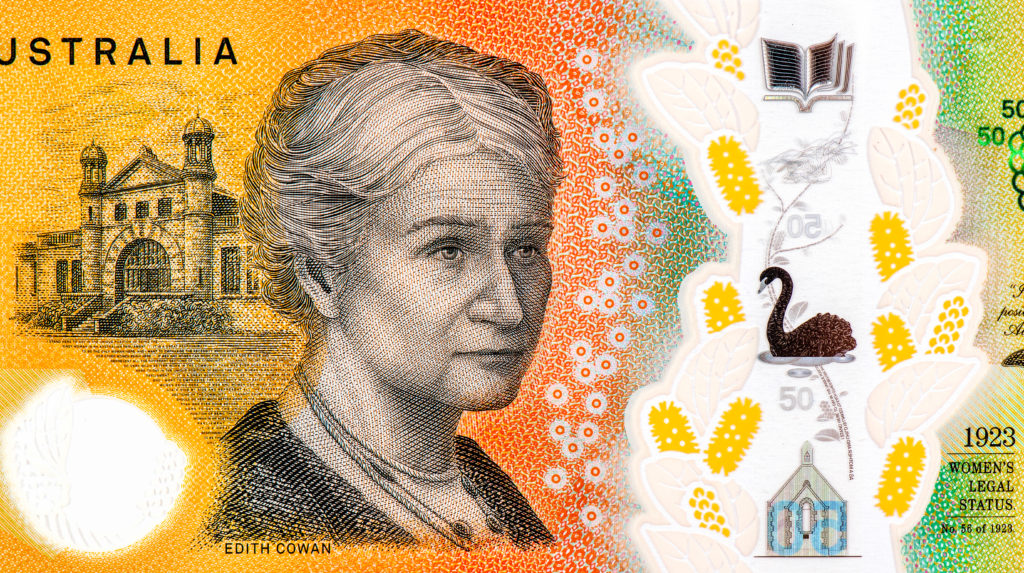Having a bank account in Australia means you can easily manage your money and avoid expensive international banking fees. Luckily, if you’re planning on moving to Australia to study, you don’t have to wait until you arrive to open one.
Thanks to online banking, most accounts take less than ten minutes to set up and you can usually complete the online application process before you arrive in Australia. Then, if your bank has a branch in the city or town you’re moving to, you may need to bring your identification documents to the bank in person to confirm who you are and that you’ve arrived in the country. If the bank exists solely online, you might need to provide them with scanned documentation, which they’ll review before opening the account for you.
What you need to know about opening a bank account in Australia
There are a few things to know about opening a bank account in Australia:
- Many banks require you to be 18 years or older to open an account, but some allow young people to apply.
- Depending on the bank you choose, you can usually open it between three and 12 months before you arrive in Australia.
- Your chosen bank may require you to provide information such as your visa details, passport number or other form of ID, your arrival and departure dates, your address in Australia (if you don’t have one yet, some banks might only need the state you’ll be living in), your taxes, and/or your employment and education details.
Banks in Australia
To get started, it’s worth doing some research to find out which bank is best for your needs. There are several banks to choose from; the four biggest are the Commonwealth Bank of Australia, Westpac, ANZ (Australia and New Zealand Banking Group) and NAB (National Australia Bank), but there are lots of smaller banks and international banks (such as Citibank and Bank of China) with branches in Australia, too. Many banks in Australia offer special student accounts and some even have accounts specifically designed for international students. However, you don’t have to opt for one of these if you don’t need the extra services they offer.
What to consider when choosing a bank
As with any new service, you’ll want to read the terms and conditions thoroughly to see which services and account features are included. Here are some important things to consider when choosing a bank account.
Service fees
Most banks charge a service fee on your account, but the exact amount will vary. It can be calculated as a percentage of your deposits, how often you use certain services or make transactions, or as a flat monthly fee. Competitive accounts might suspend fees for a certain amount of time to encourage you to sign up, but make sure the fees aren’t sky-high after this grace period has ended.
ATM and transaction fees
Most banks recently stopped charging customers to withdraw their money from ATMs (cash machines), but be sure to double-check. Although they may seem small, fees can add up over a few semesters.
However, other fees on international transactions, transfers, and direct debits can still be part of the deal, so read the small print to find out how much these cost. You will also need to check if your account will offer you a debit card (that only allows you to spend money you have deposited into your account) or a credit card (that allows you to borrow money from the bank each month.) Debit cards are free to use for most transactions.
Promotions
Banks will sometimes compete with each other for your business, offering incentives for you to sign up. But, try to think of your bank as an investment rather than a short-term service, as costly fees, hidden terms and conditions, and bad customer service can make life difficult in the future.
Contactless payments
In Australia, you also can pay using your debit card through payWave, a technology that allows you to tap your card without a PIN for any transaction under $100. Once you go over that amount you will need to key in a PIN given to you by the bank. If your bank has good terms and conditions, it won’t cost you anything to use this payment method.
Initial or ongoing deposits
Some accounts require a certain amount of money be deposited to set up the account, while others might need you to deposit a certain amount each week, month, or year. If you do not comply with these restrictions, the bank may charge you extra fees or use a lower rate when calculating the interest you are owed. Make sure to figure out whether you are required to make any ongoing deposits and consider setting up an automatic direct deposit.
Eligible purchases
‘Eligible transactions’ can refer to loyalty schemes that help you gain ‘points’ or ‘rewards’ as you spend. Understanding how your bank treats eligible transactions will be helpful if you want to save rewards points or collect discounts for your local supermarket or fuel station.
Online and mobile banking
All Australian banks have the option of using online banking facilities alongside physical branches, but online-only banking can also be a great choice if you want easy access to your money and to pay fewer fees. In addition, most of the larger banks now have an app so you can easily check your finances.





